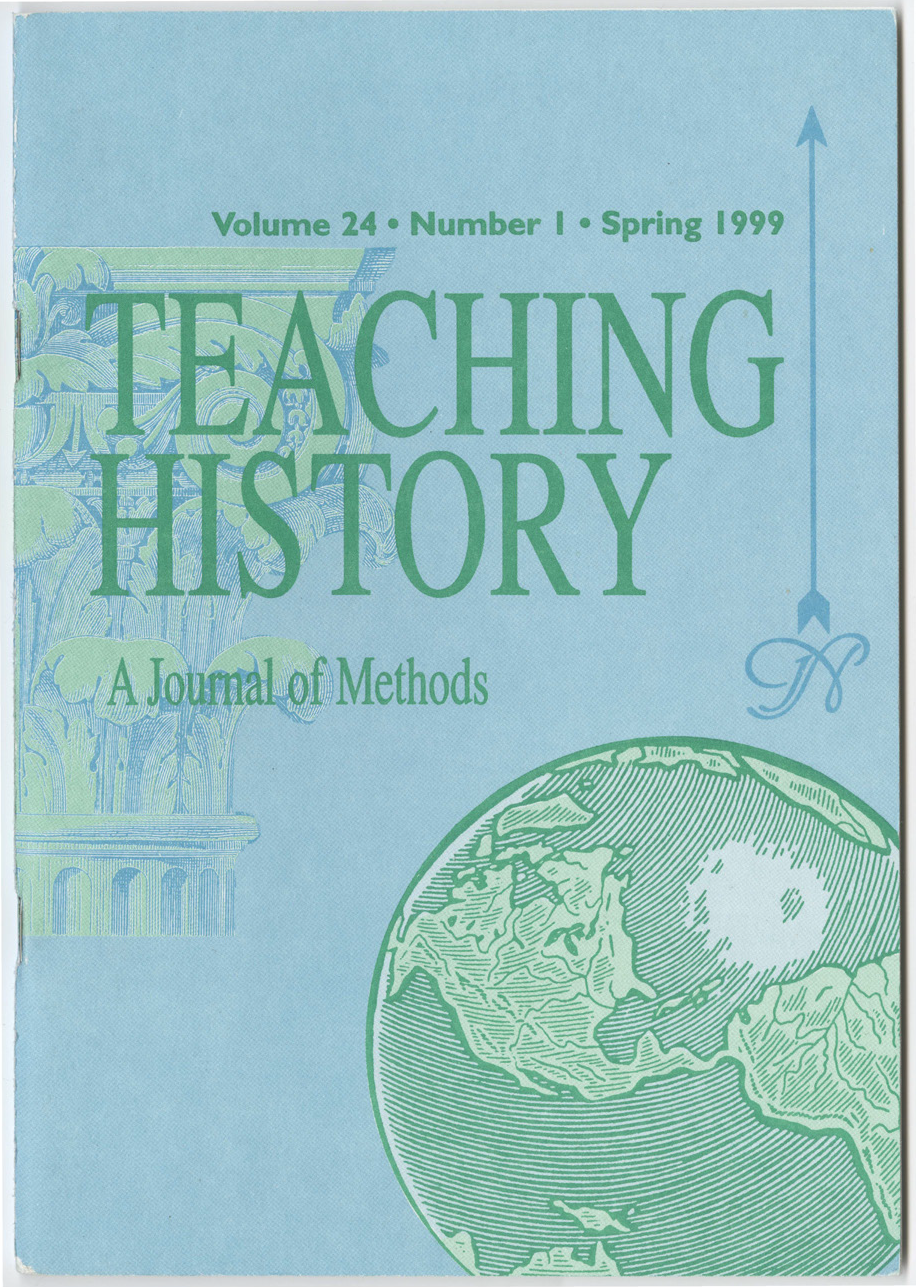Calloway, Ed., Our Hearts Fell On The Ground - Plains Indian Views On How The West Was Lost
DOI:
https://doi.org/10.33043/TH.24.1.51-53Abstract
Our Hearts Fell to the Ground follows the fate of Plains Indian people as they recoiled from, resisted, and accommodated the dramatic and devastating effects of military campaigns, forced removals, and cultural terrorism during the nineteenth century. Both a companion volume to Calloway's earlier The World Turned Upside Down: Indian Voices from Early America (1994) and a collection of native voices able to stand on its own, this latest addition to the Bedford Series on History and Culture is clearly aimed at a community college and four-year undergraduate audience and less obviously directed at people interested in American Indian issues.
Colin Calloway, professor of history and Native American studies at Dartmouth College and author most recently of New Worlds for All (1998), contributes a rich collection of native voices that tell a riveting and sorrowful story about relations between indigenous people and American settlers, government officials, reformers, and missionaries. Two elements contribute to the successful presentation of Indian insights and voices in Our Hearts Fell to the Ground. First, there are Calloway's wonderfully crafted thirty-page introduction and fifty-plus pages of contextual material. Considered together, these eighty pages suggest that army bullets, transcontinental railroads, and gold rushes were experienced by native people as suppressions of local autonomy, as thefts of ancestral homelands, and as deaths of friends and family members. Within the setting developed by Calloway-the American conquest of the Plains-readers can probably acknowledge the relevance of hearing and listening to native voices.
Downloads
Downloads
Published
How to Cite
Issue
Section
License
Copyright (c) 1999 David Anthony Ty-ee-me Clark

This work is licensed under a Creative Commons Attribution-NonCommercial-NoDerivatives 4.0 International License.
By submitting to Teaching History, the author(s) agree to the terms of the Author Agreement. All authors retain copyrights associated with their article or review contributions. Beginning in 2019, all authors agree to make such contributions available under a Creative Commons Attribution-NonCommercial-NoDerivatives 4.0 International license upon publication.



